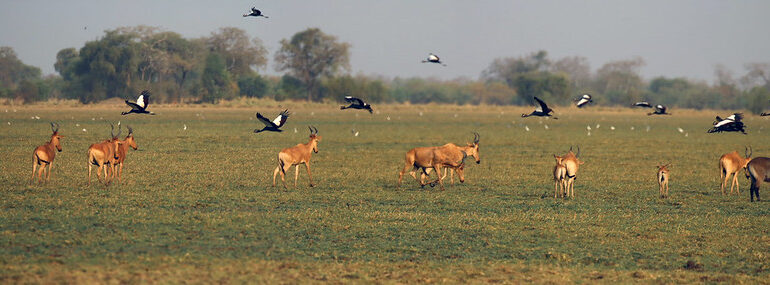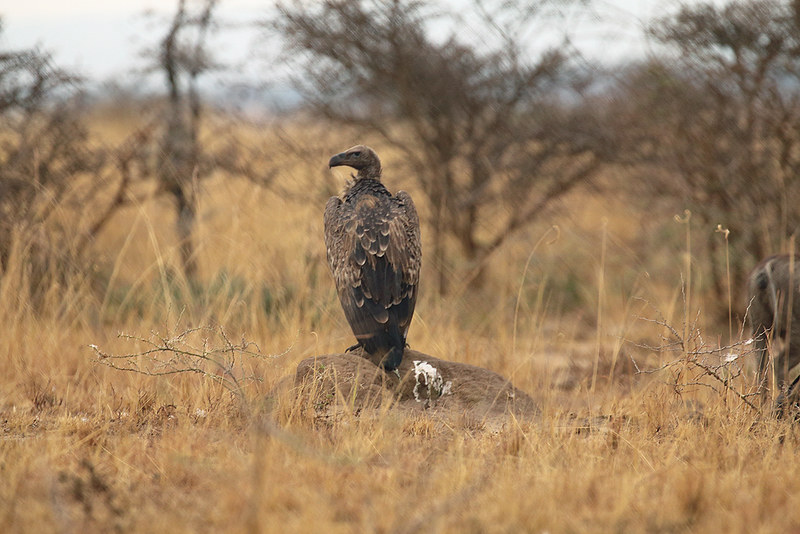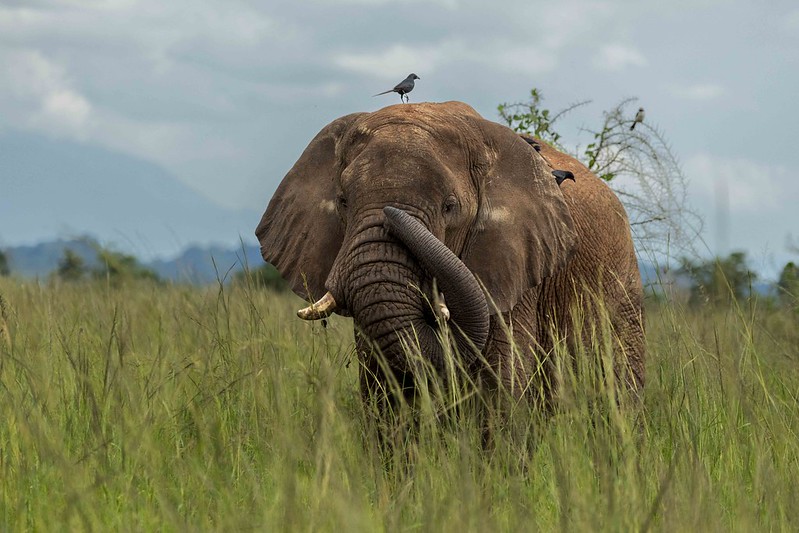
August 23, 2024
Birding Safari vs. Traditional Safari: What’s the Difference?
When planning a safari, one often finds himself at crossroads, choosing between various experiences that are equally unique in their ways of exploration and binding with nature. Birding safaris and traditional safaris offer very distinct yet complementary experiences.
Even though they all take place in the rich, varied landscapes of Africa, the difference in focus, pace, and the activities involved make them very different. The following is a description of what makes a birding safari different from a traditional safari.
Focus and Purpose
Birding Safari
As the name suggests, a birding safari focuses on viewing and spotting a wide variety of bird species. Africa boasts an absolute plethora of birds, many of them endemic or rare. On a birding safari, the identification and location of as many birds as possible are what are aimed for.

This kind of safari appeals to bird enthusiasts, ornithologists, and those with a keen interest in avian life. Participants often come armed with specialized equipment like binoculars, spotting scopes, and even bird guides.
Traditional Safari
In contrast, the traditional safari showcases the “Big Five” (lion, leopard, elephant, rhinoceros, and buffalo), and there are also giraffes, zebras, and antelope.
The aim is to get a wider perspective on Africa’s large mammals and predators, as well as its diverse ecosystems. While on a traditional safari, birds may be spotted and enjoyed for their beauty, but the focus is not particularly on birds.
Pace and Itinerary
Birding Safari
Birding safaris do not try to catch up with the speed of traditional safaris. The itinerary is such that it has many sightings of as many bird species as possible, and this involves early starts and longer observation periods in different habitats; this can be through long walks in forests, wetlands, or savannahs, and hours spent at a bird hide or viewpoint. This calls for patience, attention to detail, and immersion in the natural environment to be able to pick out elusive or camouflaged birds.
Traditional Safari
Traditional safaris, on the other hand, often cover more ground in search of larger game. Game drives are central to this and are usually conducted in the early morning and late afternoon, when animals are most active.
These safaris can offer more than one game drive in a day, as they may wish to span over various parts of a national park or a reserve. The pace is generally more dynamic and offers great chances for dramatic scenes of wild life activity—perhaps watching a predator hunting or an elephant herd at a waterhole.
Guiding and Expertise
Birding Safari
Most guides on birding safaris are serious students of ornithology, with an in-depth acquaintance with the behavior of birds, their calls, and habitats. Their knowledge of taxonomic identification therefore encompasses those tiny details about song, feather arrangement, or flight pattern that distinguish one species from another. Mostly, birding guides are good at assisting participants in locating and photographing elusive birds, making the experience both educational and rewarding for birdwatchers of all levels.
Traditional Safari
Traditional safari guides are trained to track and spot the big mammals, know animal behavior, and understand the broader ecosystem, and, at the same time, they are familiar with most birds.

However, their focus is mostly on the larger wildlife and giving an all-around experience of the fauna available in Africa. In fact, such guides often make enlightening comments on the behaviour, survival, strategies, and conservation status of the animals encountered during the safari.
Habitat and Location
Safari Birding
These are in most cases diverse habitats, and in some cases, these are not the usual destinations for regular safaris, such as forests, wetlands, lakeshores, and montane regions with their special birdlife.
Uganda is a leading destination for such safaris owing to its diversified ecosystems but also having some of the rarest species, like the shoebill. Further, some birding safaris are oriented towards migration patterns, with specific destinations at peak migration periods.
Classic Safari
Traditional safaris are normally done in famous national parks or reserves that have built a great reputation for big mammals. The list includes destinations like Maasai Mara in Kenya, Serengeti in Tanzania, and Kruger National Park in South Africa—each with the classic images for a traditional safari.
Such locations are selected based on the availability of big game and also the probability of witnessing events such as the Great Migration, in which millions of wildebeests, zebras, and gazelles move across the plain ground.
Participant Experience and Expectations
Birding Safari
In most cases, participants of birding safaris are usually patient and detail-oriented individuals with an interest in avian life. Such a vacation is more about observation, learning, and appreciation of nature’s smaller inhabitants.
It is not focused on an adrenaline rush. Therefore, it attracts a certain type of traveler who is interested in a quieter and more reflective experience in nature. The sense of excitement comes when a bird is spotted, not from some dramatic close encounter with wildlife.
Traditional Safari
Traditional safaris are mostly taken to view the excitement of big animals in their natural surroundings. Quite a lot is about the spectacle of African wildlife, of which the participants are very excited to take home with them memorable snapshots of the Big Five and other iconic animals. Traditional safaris cater to everybody, from families and first-time safari participants to those seeking a general introduction to the wildlife in Africa.
Though each in its own way will provide an unforgettable experience, the interest and expectations from an African adventure will invariably fall towards either the birding safaris or a traditional safari. It means a birding safari is providing a focused, educational, and intimate experience with Africa’s avian diversity, while a traditional safari offers this classic experience of watching the majestic large mammals of the continent and dramatic landscapes. Whether you choose one, the other, or both, you are guaranteed to leave the continent with a more intimate experience with its amazing wildlife and natural beauty.



